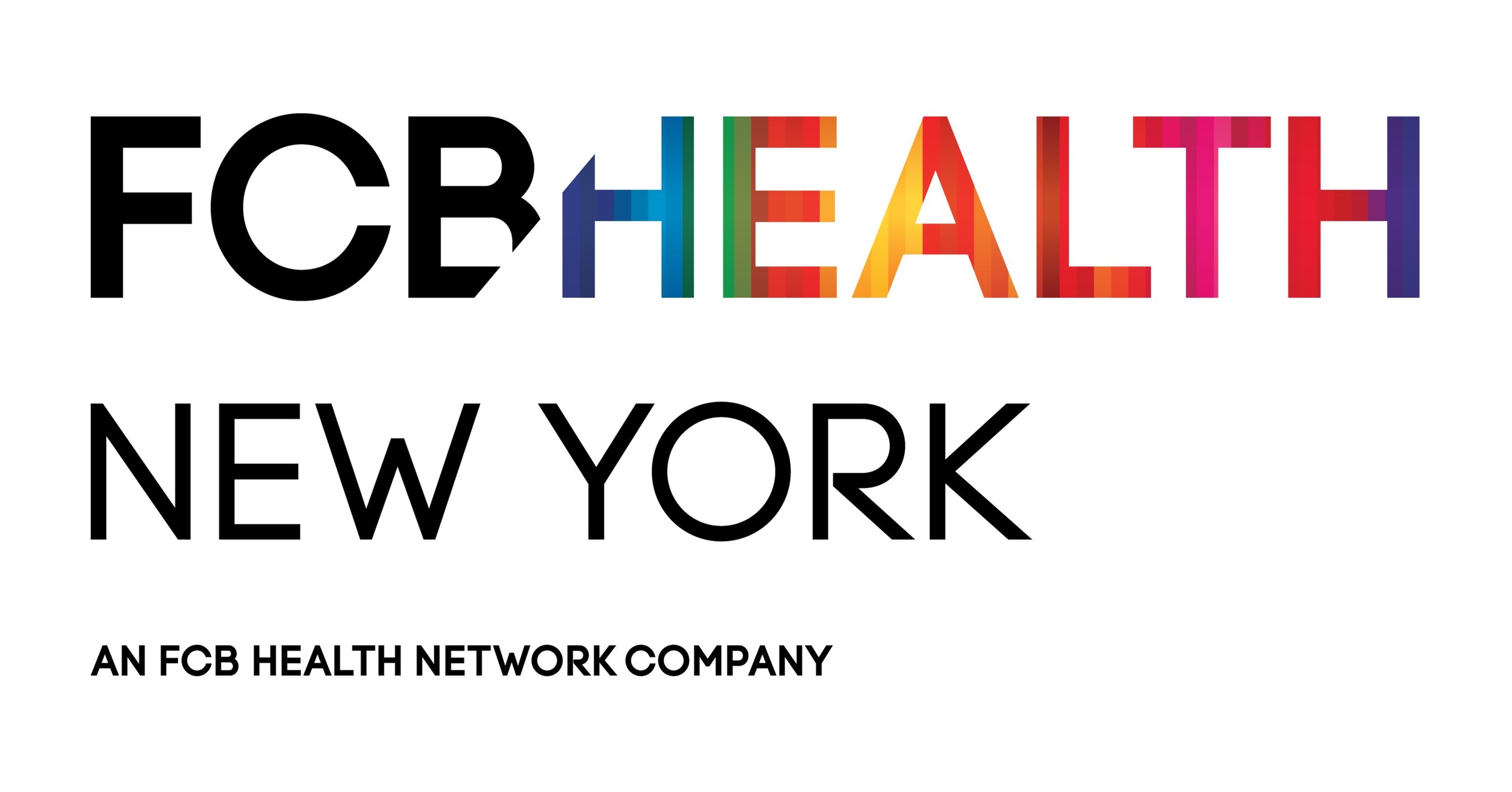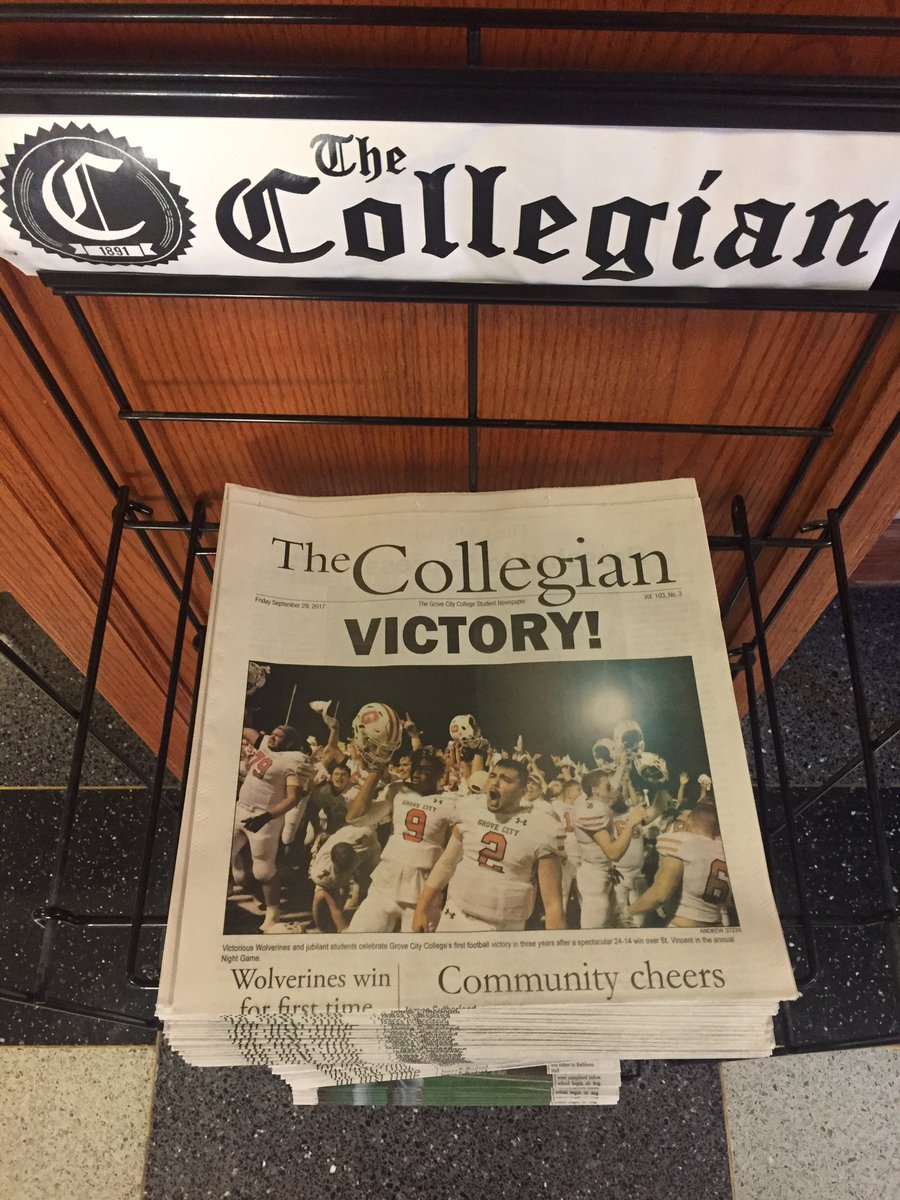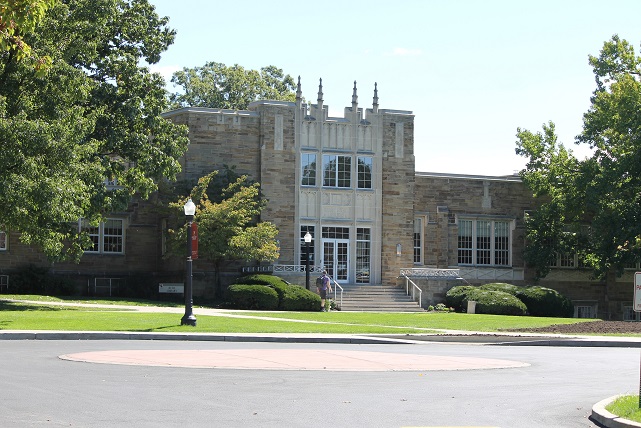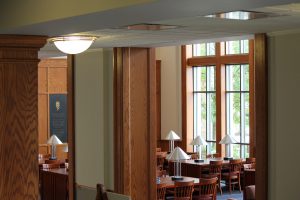Career Options for an English Major Part 2

Have you ever thought about being an English major but hesitated because of unknown future employment opportunities? You are not alone. My name is Laura Locher, and I am a senior English major with a Communication Studies minor. Welcome to Part 2 of the “Career Options for an English Major” series! Part 1 focuses on the more well-known jobs of […]
Read more







